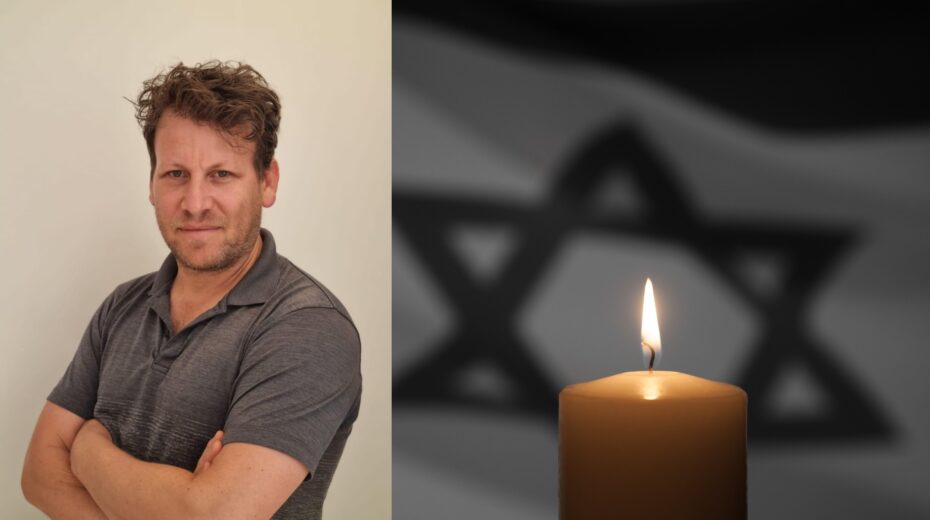Recently, I read the words of Israeli actress Ilanit Ben Yaakov, who expressed her feelings since the death of her younger brother, Lior Ben Yaakov, on the Black Sabbath of Oct. 7 as he tried to defend his home in the small village of Yesha in the south, in the border area with the Gaza Strip.
The translation of her poignant words is found at the end of the article. Through her words, I understood what was going on in my head. Through her, I understood that many of us in Israel live and walk around today with something that could be called a kind of obsession. The voices in our heads don’t let us go and have a significant impact on our quality of life. It’s as if something has nested in our brain that doesn’t give us peace and leaves its marks on many of us. Most of us are normal people who are in a completely abnormal situation.
Living in war is not normal. Living in danger and trying to lead a normal life is frustrating, even more frustrating for the soldiers on the front line. Constantly hearing that war also threatens the north of the country makes us live in despair day and night. Thinking every day about the hostages who are sitting in hell weakens the body. Knowing that there is no solution is discouraging. Seeing the division among the people breaks one’s heart.
But the strongest thing is the voice that gnaws at our minds, and in my case, it is this voice that says: “At any moment, my sons could go back to war.”
This voice comes unannounced when I sit, sleep, work, have fun, rest, write, knit, meet a friend, celebrate a holiday, spend time with my granddaughter, travel with my husband, or receive guests on Saturday. This voice is present in every action, it appears without warning, it disturbs inner peace, it tightens the body, and immediately leads to tension and stress, which have already become permanent tenants within us.
And here are the words that Ilanit Ben Yaakov wrote about her loss. She hit the nail on the head. This is exactly what I am talking about:
I woke up in the morning; My brother is dead.
I went outside; My brother is dead.
I drank coffee; I turned on the computer; My brother is dead.
I returned home; My brother is dead.
My child returned from camp; I made lunch; My brother is dead.
I went on Spotify, listened to a podcast; My brother is dead.
There are dishes in the sink; My brother is dead.
I turn on the tap; I lift a plate; My brother is dead.
I turn off the tap; Water the garden; My brother is dead.
The flowers are blooming; My brother is dead.
There’s a lemon on the tree; My brother is dead.
There’s laundry in the machine; There are clothes on the line; There’s a powerful scent of spring flowers; My brother is dead.
The fabric softener removed a stain from my son’s shirt; My brother is dead.
Talking with my sister; Our brother is dead.
Talking with my mother; My brother, her son, is dead.
Watching ‘Dancing with the Stars’; My brother is dead.
I go to sleep; My brother is dead.
I wake up in the morning; My brother is dead.
270 days; My brother is dead.
I had a brother and he is dead.














